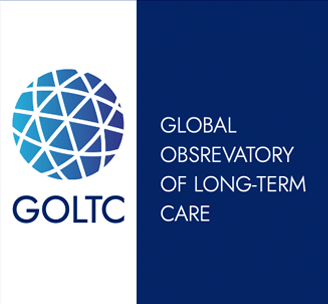Hari Sharma
The University of Iowa
Hari Sharma

Dr. Hari Sharma, PhD, is an Assistant Professor in the Department of Health Management and Policy at the University of Iowa College of Public Health. Dr. Sharma completed his PhD in Health Economics at the University of Chicago in 2018. His research focuses on access, quality, and financing of post-acute and long-term care. More recently, Dr. Sharma has examined nursing home closures and impact on access to post-acute and LTC services in rural areas. He is also interested in welfare of nursing home workers and has examined issues around staffing turnovers, and workplace injuries. His research has been supported by HRSA, AHRQ, NIA, and CDC.
FURTHER INFORMATION
| Countries | United States; |
|---|---|
| Topics | Access to care; Care in rural and other non-urban settings; Care outcomes; Financing LTC; LTC Policy; LTC Systems; LTC Workforce; Quality and accreditation for LTC services; |
| Methods | Causal inference in Long-Term Care; Quantitative data analysis; Quasi-experimental methods; |
| Role | Research; |
| Interest Groups | Economics of Long-Term Care; Quasi-experimental methods; |
| Website | https://www.public-health.uiowa.edu/people/hari-sharma/ |
| ORC.ID | 0000-0002-7857-8545 |
| GOOGLE SCHOLAR | https://scholar.google.com/citations?user=Mo7rNVsAAAAJ&hl=en |
| https://twitter.com/Hari_Sharma353 | |
| Research interests | Disparities in post-acute and LTC services Financing of LTC Quality of LTC Workforce |
| Key publications | Sharma and Xu. 2023. Use of Intergovernmental Transfers-based Medicaid Supplemental Payments to Boost Nursing Home Finances: Evidence From Indiana Nursing Homes. Medical Care. 61(8): p 546-553. Sharma and Xu. 2022. Association between Wages and Nursing Staff Turnover in Iowa Nursing Homes. Innov Aging. 6(4):ignac004. Xu, Sharma, Wehby. 2023. The effect of nursing home closure on local employment in the United States. Health Serv Res. 58(3): 744–752. . 2022. Prevalence and persistency of deficiency citations in Florida assisted living facilities. J Am Geriatr Soc.; 70(1): 150–157.
|

